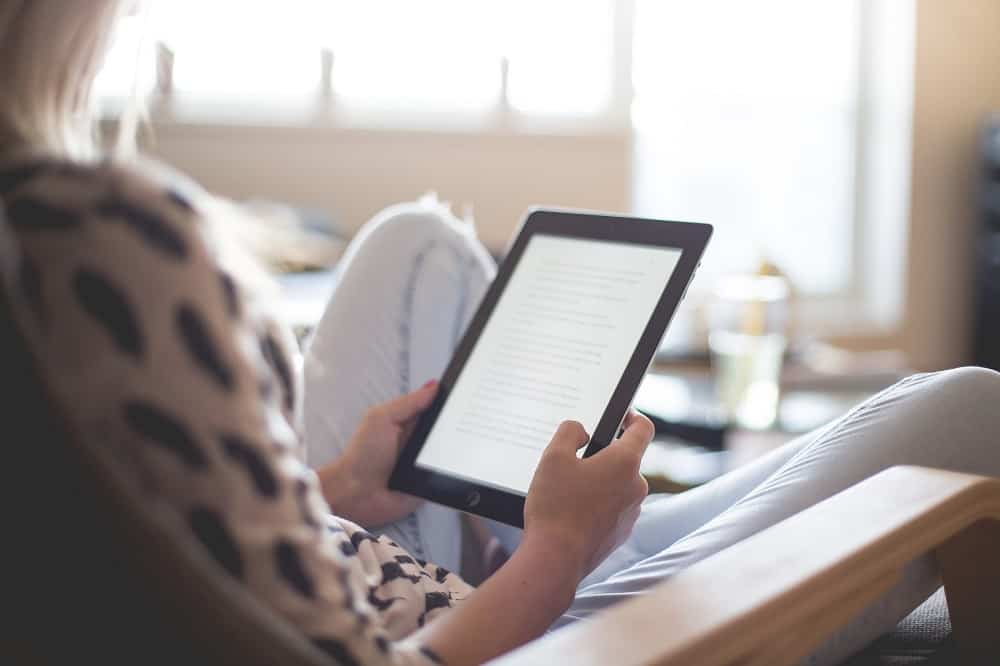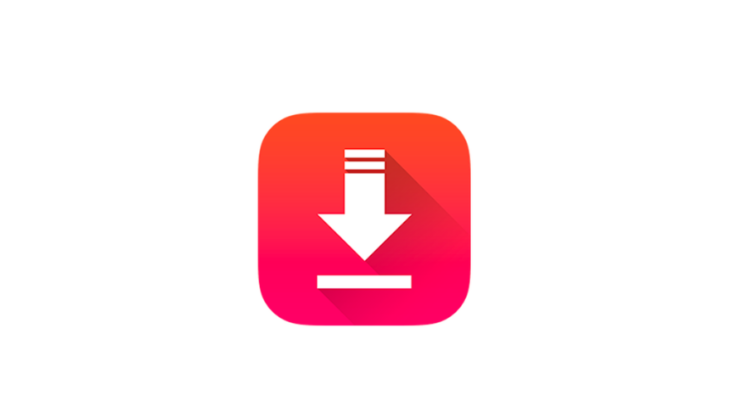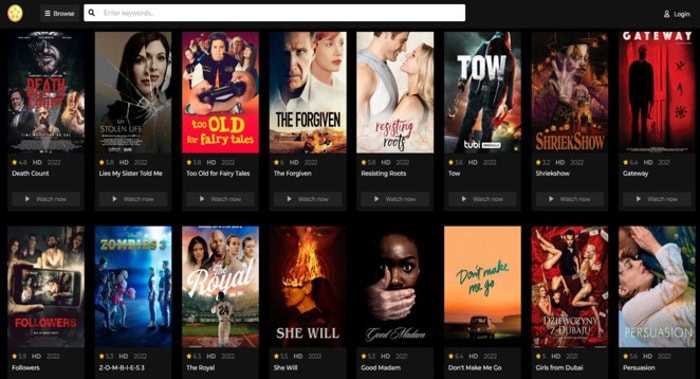
Throughout history, technological advancements were shaping the way people manage their daily activities. However, the innovations of the 21st century are likely to alter our lifestyle more than ever before. In fact, one of the most universal human needs — access to knowledge — has already undergone significant transformations. The introduction of e-books was one of those game-changers that shifted the way we perceive, distribute, and process information these days.
In this article, we will discuss some positive and negative aspects of using electronic books.
Advantages of E-books
● Quick Information Access
Reading is a perfect fitness for the brain, but our memory might still fail to hold all the nitty-gritty details of the story. Just imagine that halfway through the text, you come across a name or a place that could have been introduced earlier on, but the peculiarities simply don’t ring a bell. So to overcome that weird page-à-vu feeling, you have to scan the entire paper copy to find that very abstract where they were first mentioned. E-books offer a far more sophisticated solution. ‘Search’ option allows you to quickly jump to the part that portrays the character or place you’re interested in, using certain keywords or phrases.
● Sustainable Choice
The rising trend for an eco-conscious living turned e-readers into a must-have gadget for any environmentally-concerned literature addict. Traditional printing requires a variety of different paper stocks, which entails harvesting forest resources and generates astounding amounts of water waste. On top of that, paper manufacturing and ink production imply the use of around 200 chemicals, each satisfying one specific need.
Since e-books are digital, there’s a near-zero environmental impact in their creation. That makes reading not only a highly-enjoyable but also an immensely eco-friendly habit.
● Entire Library in the Pocket
There is no cozier place for an avid book lover than a room filled floor-to-ceiling and wall-to-wall with books of all kinds, genres, colors, and size. The problem is that hardly any bibliophile can make enough shelf space to store their precious collection. Switching to e-books is an easy way to tackle this issue as you can fit a practically limitless number of books into one compact device.
● Adaptive Reading Experience
When it comes to flexibility and convenience, e-books can certainly claim their laurels. Modern reading devices offer a variety of features, from adjustable font size and brightness levels to highlighting text and making notes. Night mode would be an e-reader’s chief virtue for those who like to devour one page after another way past the bedtime. Some top-notch gadgets come with a water-resistant cover, so you wouldn’t have to part with that gripping story even while soaking in the bath.
Most popular e-readers also have a built-in dictionary lookup function so you can check the meaning of an unfamiliar word right as you stumble upon it. This comes especially in handy when working on college assignments since you don’t have to ransack the library for the unwieldy reference books to get the information you need. And if you still feel puzzled about a particular notion or topic, you can always seek some help from experienced domyessay writers.
Disadvantages of E-books
● Lack of Sensory Appeal
Though reading from a tablet wins accolades for various amenities, it will never overmatch a sensory experience of turning pages and feeling the texture of the cover under your fingertips. E-books also lack that enticing smell of ink and paper, so they deny us the joy of giving in to bibliosmia while roaming between the shelves at the local library or bookstore.
Digital books are often short of spatial navigation landmarks, which are an essential part of the evolutionary mechanism that enables us to find our way around. Physical cues, like how far along in the book we are and the heft of the volume shifting from one hand to another as we progress, actually help our brains to locate, retain, and retrieve information.
● Limited Device Lifespan
One of the major downsides e-books have compared to printed copies is that they are reliant upon reading devices. Just like any other piece of electronic equipment, e-readers can’t boast to last forever. It means that sooner or later, you’ll either have to upgrade the malfunctioning components of your device or simply shop for a brand-new gadget. Physical books, on the other hand, easily withstand the test of time, and they might even be passed down generations as a family heirloom.
Since e-book readers are battery-operated, they can also run out of power when you least expect them to do so. Thus, to have access to your e-library anytime and anywhere, you should always carry around a charging cord or purchase a portable recharging device.
● Eye Fatigue
Screen glare has long become part of our everyday life. White-collars working nine to five in the office, students using computers in a class, daily commuters killing time with smartphones, and also e-book lovers… we all are prone to spending hours in front of electronic screens. This can lead to the loss of concentration, enhanced sensitivity to light, and retinal damage.
One of the most common consequences of the intense use of digital reading devices is eyestrain. It can manifest in many ways, including such symptoms as headache, blurred or double vision, and sore neck, shoulders, or back. Moreover, the light emitted from LSD screens could distort the normal sleeping cycle, causing a so-called “screen insomnia.”


